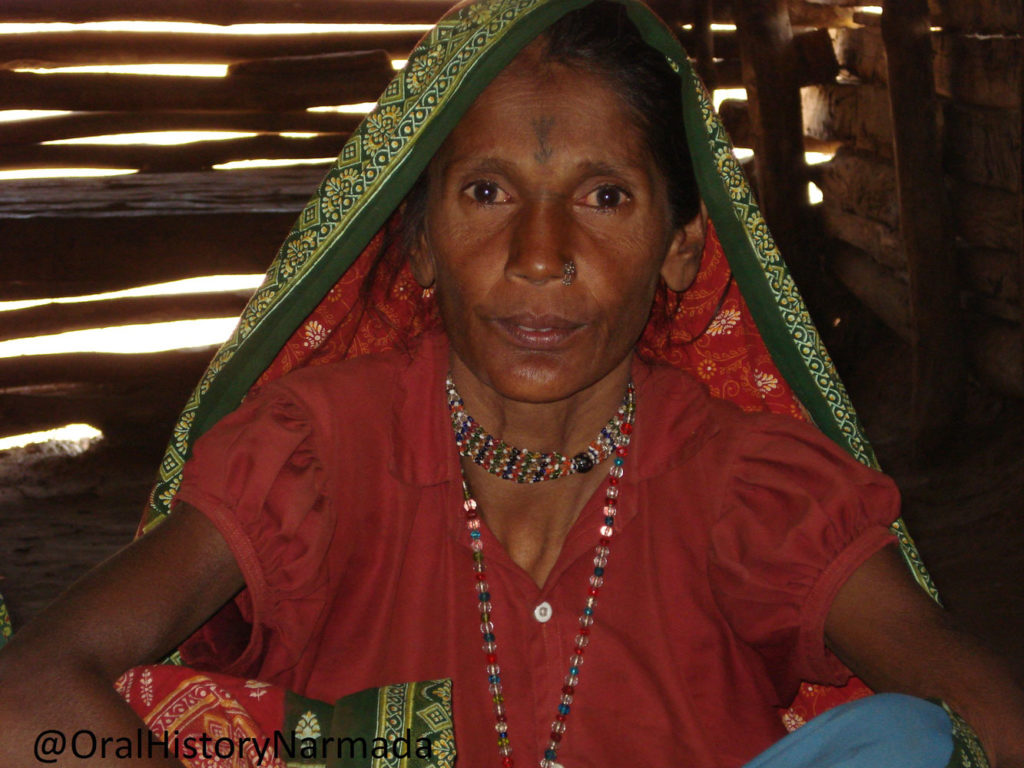Submergence Village Jalsindhi, Madhya Pradesh
2–3 minutes
“The River Narmada is our mother and the forest our father…How many things were in her (Narmada’s) belly! And what all died! Now the river is dead (with the building of the Dam) and along with it we are also dying.”-
Pervi
——————————————
Pervi, a senior Adivasi leader of Narmada Bachao Andolan (NBA) and Khedut Mazdoor Chetna Sangathan (KMCS) belonged to one of the 193 villages to be submerged by the Sardar Sarovar Project (SSP) in Madhya Pradesh (MP). As part of both KMCS and NBA, Pervi engaged in struggle on multiple fronts. Initially, in the 1980s, the struggle was against the forest department in MP for the rights of scheduled tribes over forest lands and against indescribable state repression; later, it was against the SSP as part of the NBA. Pervi’s interview is therefore unique because it helps us understand the many struggles of the KMCS as well as the NBA and their interrelation.
“The River Narmada is our mother and the forest our father”, these words of Pervi who is sadly no more, resonate with the Adivasi way of life and beliefs about rivers and forests across the country. In her interview here, Pervi explains how and why the scheduled tribe communities living on the banks of the River Narmada consider the River Narmada their mother (the giver) and the forest their father (that helps sustain the Adivasi way of life). Pervi further explains why she considers the building of a gigantic dam on the River Narmada a death noose that choked to death the once free flowing river and turned her into a bloated carcass. She explains how the building of a dam is not just the killing of a River but the killing of all living things- the big and small – that the river sustains in her belly. Pervi also describes the battle the people on the banks of the Narmada fought to stop the SSP, to stop the cutting of the forests that sustained them and against the state repression they have had to endure as a consequence.
The translation of this interview needed special expertise as it is in Bhilali language, which has no written script and is spoken only in a limited region of the country. I therefore wish to specially acknowledge Rahul Banerjee for the translation of this interview.

Interview Duration: 0:59:30
Language: Bhilali, Subtitles in English
Subtitles can be switched on and off by clicking ‘CC’ button at the bottom right of the video